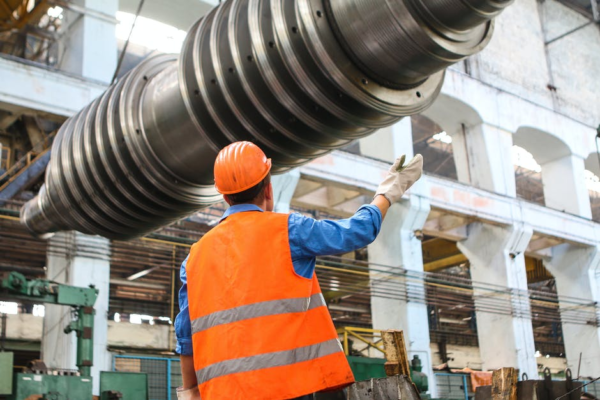
No matter the industry, the same rule can be applied: it’s an employer’s duty and moral responsibility to maintain a safe and comfortable working environment for their employees. What makes workplace safety so vital, and why should it be followed at all times?
Prevents Serious Injury and Fatalities
It goes without saying that the physical health of employees should be a top priority within the workplace. While different industries face different hazards, the health and safety of employees should never be neglected or underestimated – accidents can be easily prevented through the correct procedures. In industries such as construction where strenuous and often dangerous activity is often involved, upholding safety at all times is especially crucial. This includes providing a robust fire safety procedure alongside the correct tools, training, and environment such as practical industrial flooring to work on, which you can learn more about here.
Prevents Financial Loss
The suffering experienced by those involved in accidents and those who sadly lose loved ones due to work-related injuries is unmeasurable. Alongside the colossal physical and emotional damage that workplace injuries and fatalities can cause, it can also financially impact a business and hinder its reputation, which can be difficult to recover from. A safer workplace will result in fewer to no accidents, meaning there will be a reduced cost of high insurance claims. Preventing accidents in the first place also allows employers to avoid potential damage to equipment or machinery that require costly replacements or repair.
Promotes Employees Productivity
Employees who are content at work and feel safe are much more likely to be efficient and productive during their shifts. It’s no surprise that safety plays a fundamental role in the fostering of a positive, productive workplace and helps to increase overall employee satisfaction and morale. Employees are arguably a company’s most valuable asset: companies who choose to actively protect their workforce can reduce employee stress and therefore the chances of accidents occurring on the job. If an employee decides that they do not feel valued or that their health is not being taken seriously, this will largely reflect in their choice of work ethic.
Dissatisfied workers and those involved in accidents as a result of poor safety management can often result in other undesirable outcomes for the workplace. These may include a significant loss of employee engagement with the business, damaged relationships, low self-esteem, lack of independence, as well as mental health problems that can hinder their overall performance while at work.
Reduces Employee Absenteeism
Absenteeism can be a pressing issue within the workplace that can disrupt productivity levels, and one in which that can be easily prevented through the implementation of strong health and safety measures. Employees who have suffered from a serious injury will have no choice but to stay off work. On top of this, other employees may feel unsafe to the extreme measure of taking unnecessary sick days, or not showing up at all. This could also mean that a large amount of time will have to be divided into hiring or training new employees.





